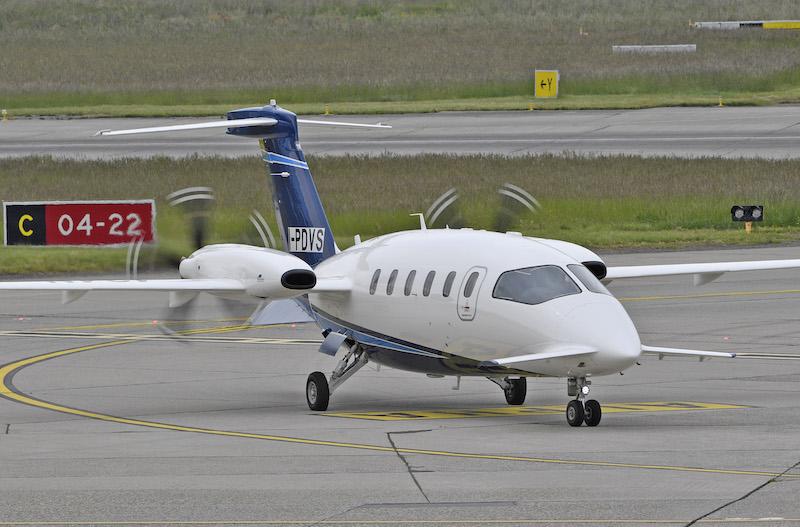
GENEVA—The last time ShowNews sat down with a government-appointed commissioner managing the Extraordinary Receivership of venerable Italian OEM Piaggio Aerospace, the message was one of confidence that a protracted process would soon be reaching a satisfactory conclusion.
That conversation took place in Las Vegas during NBAA-BACE in November 2019. Since then—and in no small part as a result of the pandemic and the challenges it introduced for any process requiring in-person meetings, not to mention the destabilizing effect it had on the entire aerospace industry—Vincenzo Nicastro’s confidence has been put to the test.
The process continued, with one of four approved bids resulting in two and a half months of negotiations in 2021. But in mid-September, talks ended without an agreement. A second attempt was launched, with new bids invited in early 2022: Five bidders were given access to the corporation’s data, but in December of last year, Italy’s Minister of Economic Development Adolfo Urso announced a third round.
Then, in March 2023, two additional commissioners were appointed—one of whom, Davide Rossetti, tells ShowNews that this time, the end may finally be in sight. Moreover, he stresses, Piaggio has continued to win orders and carry out business as usual, justifying the Italian government’s faith in a company it considers a strategic national asset.
“The company has been operating continuously, without a break, despite the pandemic,” he says, speaking through an interpreter. “The order portfolio has increased during this time, and there’s been no negative impact on jobs—no temporary lay-offs.”
At present, the company says, it has an order backlog of 17 P180 Avanti EVOs, from both Italian government institutions and private customers. The value of the company’s order book is a little over €550 million ($593 million).
Criteria for the sale have not changed substantially, Rossetti says, but he stresses that the priority is to find a buyer who is established within the industry, rather than selling to a financial institution seeking a return on an investment, or a bidder whose expertise lies in an unrelated field. The objective remains to sell the company as a whole, rather than break it into different business units.
And, Rossetti argues, the decision to appoint the two additional commissioners gives a “clear sign that the government wants to accelerate the process to find a new owner who will give a long-term vision to the company in terms of future strategy and jobs.”
The next milestone date is June 12, when the fourth round of bidding closes. In the following weeks, decisions will be made about which bidders will be given access to company data. “And by the end of November, we aim to have the green light for the bidder we’ve chosen,” Rossetti says.
The purpose behind the company’s presence at EBACE is threefold. First, they want to remind current and potential customers that Piaggio is very much alive and well—and open for business. Second, perhaps some late entrants who may be considering a bid could be persuaded to firm up their interest. And third, there is a new aircraft type available to the sector for the first time—a shuttle version of the EVO, seating seven people—which has been available to Italian government clients for some time, but is now being offered to private buyers.





